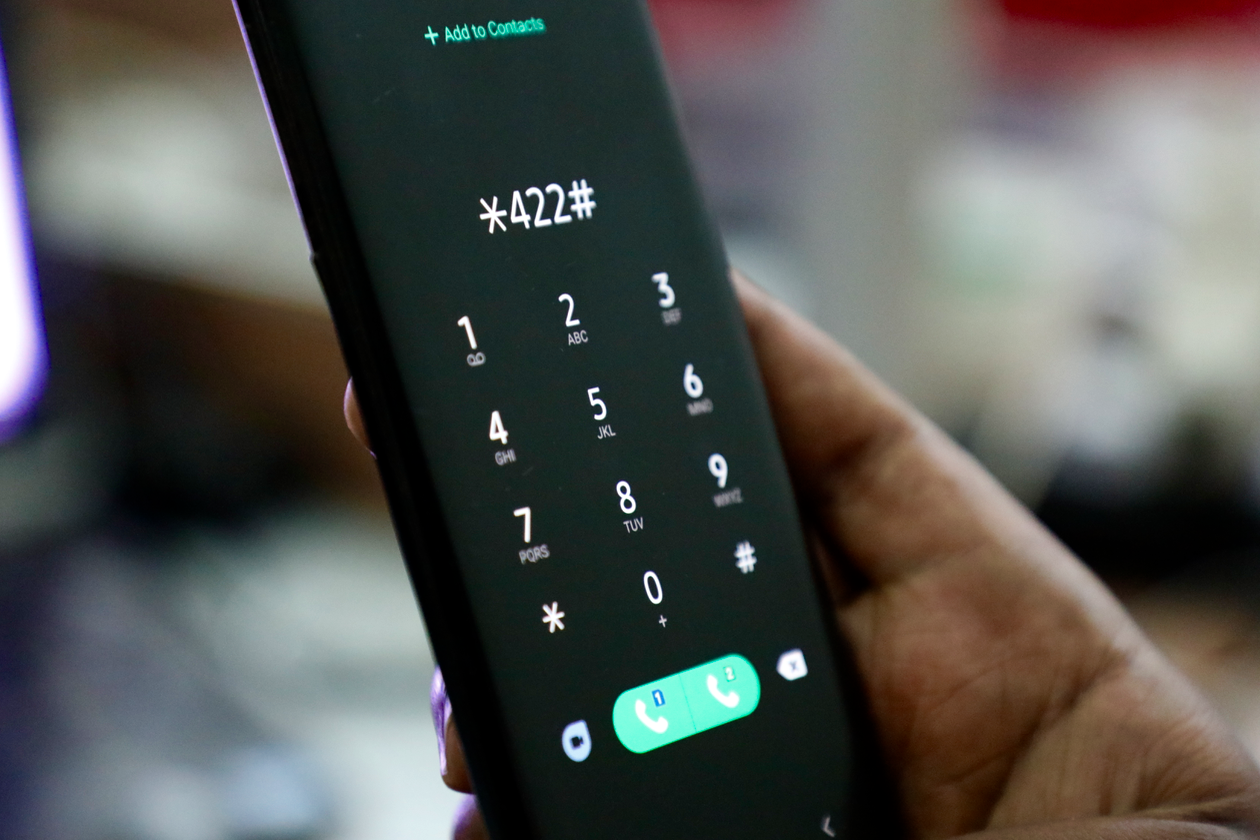When a suspect is arrested by the police for an alleged crime, he or she will be asked to write a statement detailing the circumstances of the incident that led to the arrest.
When dealing with witnesses and complainants, the police also tend to ask them to write or record a statement of what transpired.
Statements are very important because they serve as evidence before the court. The manner in which a statement is written or recorded can influence the discharge of justice.
For instance: If a suspect poorly writes a statement, it can incriminate him or her during court proceedings.
Advertisement
There have been several reports of police officers asking suspects to write statements under duress or forcing them to append their signature to an already-written statement.
But did you know that you can request for a lawyer to be present before you write a statement?
WHAT IS THE POSITION OF THE LAW?
Advertisement
According to the Nigeria Police Act, 2020 and the Administration Criminal Justice Act (ACJA) 2015, suspects actually have the right to decide whether they want to write statements or not.
Section 60 of the Nigeria Police Act and section 17 of the ACJA state that writing statements by a suspect should be voluntary.
The Police Act states that “where a suspect is arrested on allegation of having committed an offence, his statement shall be taken, If he so wishes to make a statement”.
When the suspect wishes to write a statement, the law provides that it must be done before a legal practitioner, a member of the civil society organisation or any other person of their choosing.
Advertisement
Section 60 (2) states: “The statement may be taken in the presence of a legal practitioner of his choice, or where he has no legal practitioner of his choice, in the presence of an officer of the Legal Aid Council of Nigeria: an official of a civil society organization or a justice of the peace or any person of his choice, provided that the legal practitioner or any other person mentioned in this subsection shall not interfere while the suspect is making is statement, except for the purpose of discharging his duty as a legal practitioner.”
It also provides that an interpreter should be available, in a situation where the suspects do not understand, speak or write the English Language. The interpreter is also required to endorse the statement.
In the same vein, the ACJA 2015 stipulates the same rights for suspects when writing a statement after arrest.
MOST NIGERIANS IGNORANT OF THE LAW
Advertisement
Speaking with TheCable on the non-enforcement of the provision, Adeola Adeyemi, a legal practitioner, said most suspects are ignorant of its existence, adding that the police is also exploiting the lacuna therein.
The legal practitioner said the use of “may” instead of “shall” presents the police with the opportunity to make decisions based on their discretion.
Advertisement
“The Nigerian criminal justice act sought to protect all suspects until proven guilty. An accused remains innocent in the face of the law until proven guilty,” she said.
“This mindset of the law was clearly stated in section 17 of the Administrative of Criminal Justice Act, 2015. There is, however, a lacuna in the law in which section 17 made use of the word “may” and not “shall”.
Advertisement
“This lacuna usually gives the police the avenue to act as it pleases when it comes to the statement of a suspect.
“When recording the statement of a suspect, the lawyer of the accused must be present, if the lawyer can’t be accessed, then a legal aid officer or a civil defence officer. In reality, however, the police record statements of suspects in the absence of any of the officers listed in the law.”
Advertisement
She urged Nigerians to make conscious efforts to know their rights to prevent undue violation.
“Nigerians ought to have a personal copy of the constitution and know the rights that pertain to you. Citizens should make a conscious effort to know their rights. Also, have a personal lawyer you can call for clarity and enlightenment of law issues,” she added.






